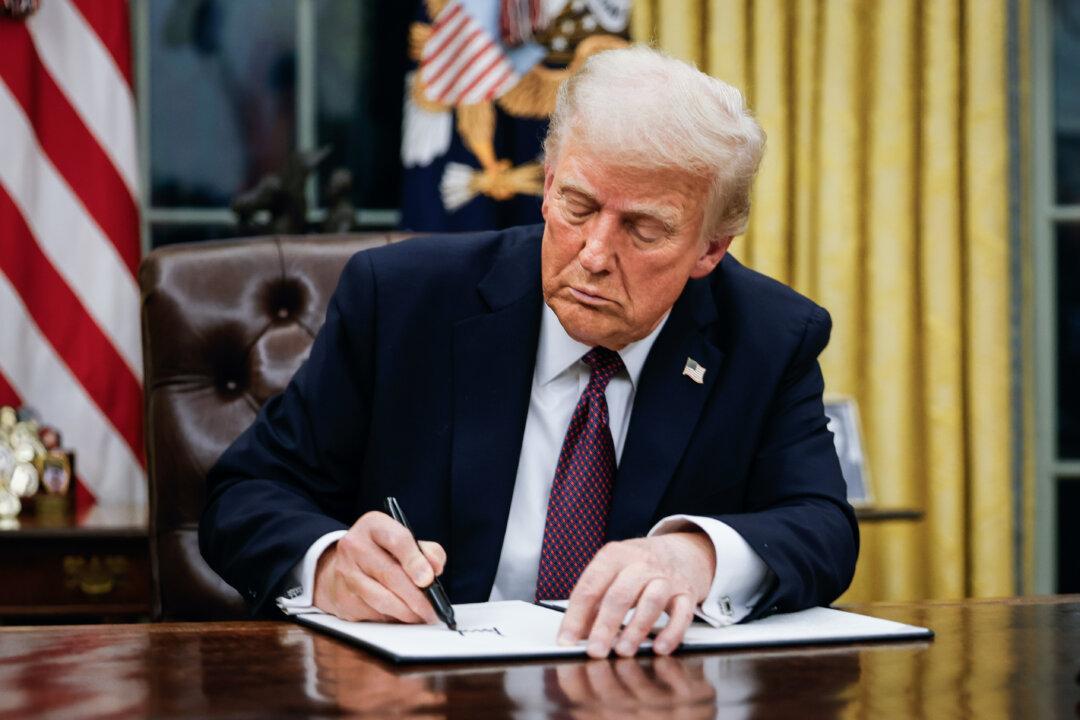A third federal judge on Feb. 10 blocked President Donald Trump’s birthright citizenship order from taking effect.
The federal government is looking to narrow the broad recognition of birthright citizenship to exclude children born to illegal immigrants and those only visiting the United States temporarily.





